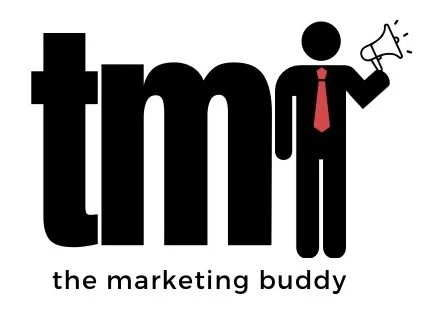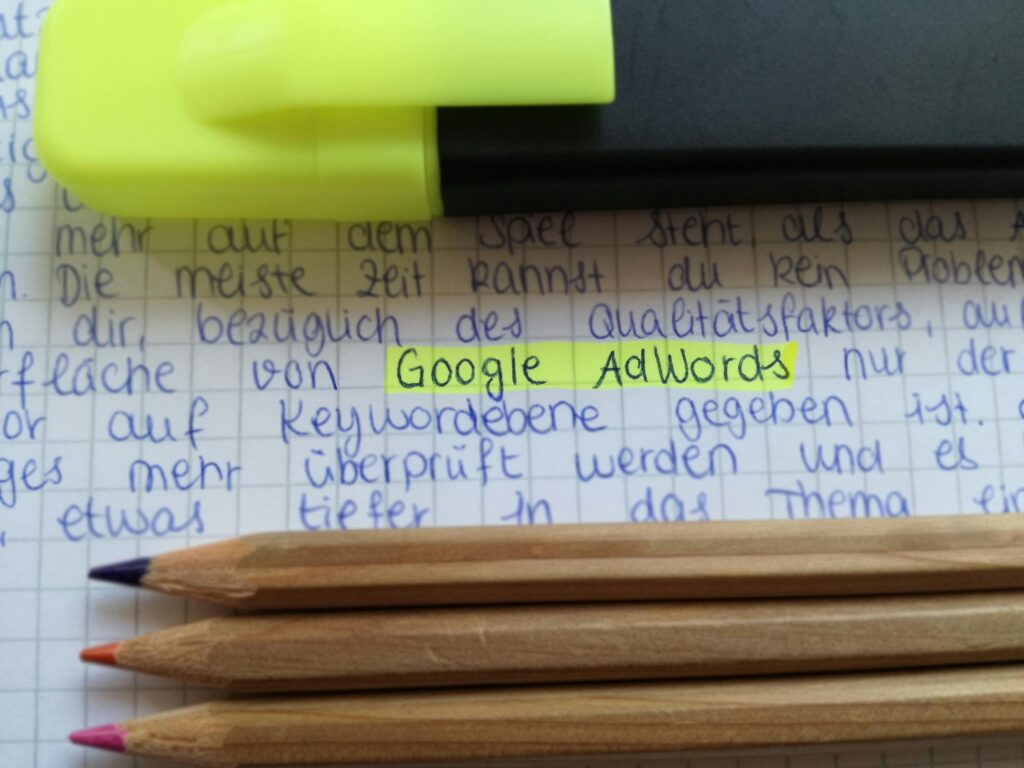Introduction
Search engine optimization (SEO) is essential for businesses wanting to increase their online visibility and attract more organic traffic. For beginners, SEO might seem complex, but by understanding its core principles, you can start improving your website’s ranking. This guide covers the basics of SEO and offers actionable steps to help your business rank higher in search results.
Why SEO is Important for Businesses
SEO brings valuable, targeted traffic to your website by making your content more accessible to users searching for related information. Unlike paid advertising, SEO focuses on long-term growth and builds trust and authority for your brand over time.
Key Components of SEO
1. Keyword Research
Keywords form the foundation of SEO. Start by identifying words or phrases your audience is likely to search for. Tools like Google Keyword Planner and SEMrush can help find keywords with high search volumes and low competition.
2. On-Page Optimization
This includes optimizing your meta tags, headings, and content for chosen keywords. Pay attention to the structure of your content—use clear headings, add alt text to images, and write concise meta descriptions to make it easier for search engines to understand your content.
3. Technical SEO
Technical SEO covers elements like page speed, mobile-friendliness, and site architecture. Ensuring your website is fast, secure, and easy to navigate is crucial for both search engines and users.
4. Link Building
Building high-quality backlinks from reputable sites signals to search engines that your site is trustworthy. Focus on gaining backlinks naturally through valuable content and guest posting.
5. Content Quality and Relevance
Content should address the needs of your audience. High-quality, relevant content is more likely to rank well and receive natural backlinks, which further boosts SEO.
Best Practices for SEO Success
• Prioritize User Experience (UX): Google ranks websites that offer a positive user experience higher, so focus on usability and design.
• Regularly Update Content: Keeping your content fresh helps maintain or improve your rankings over time.
• Focus on Mobile Optimization: More searches are now conducted on mobile devices, so a mobile-friendly design is essential.
Recommended Tools for SEO
• Google Analytics: Provides data on user behavior, traffic sources, and more.
• Ahrefs: Excellent for in-depth keyword research, backlink analysis, and competitor tracking.
• Yoast SEO: A WordPress plugin that helps optimize on-page elements like meta descriptions and keywords.
Common Challenges and How to Overcome Them
• Ranking Fluctuations: SEO is dynamic, and rankings may change frequently. Regularly monitor your analytics and adapt your strategy accordingly.
• Algorithm Changes: Search engines often update their algorithms, impacting rankings. Stay updated by following SEO news and adjusting your tactics as needed.
• Generating High-Quality Backlinks: Building quality backlinks takes time. Start by focusing on creating shareable content and reaching out to industry sites for guest posting opportunities.
Conclusion
SEO is a valuable investment for any business looking to grow its online presence organically. By focusing on keyword research, on-page and technical SEO, and high-quality content, you’ll be well on your way to ranking higher in search results and attracting more visitors.
Need help optimizing your website for search engines?
Contact us to discuss how our SEO services can drive more traffic to your business.
Frequently Asked Questions
Q1: How long does it take to see results from SEO?
A1: SEO is a long-term strategy, and results usually take a few months to become noticeable, depending on factors like competition and keyword difficulty.
Q2: Is SEO only for big businesses?
A2: Absolutely not. SEO is just as valuable for small and medium-sized businesses as it is for large corporations. In fact, it can often level the playing field by giving smaller businesses a chance to compete with larger ones on search engines. With effective SEO, small businesses can rank high for targeted keywords, bringing in local customers and building a strong online presence without the massive budgets that big businesses might have for paid advertising.
By focusing on long-tail keywords, which are often less competitive and more specific, smaller businesses can attract highly interested visitors who are more likely to convert. For example, a local bakery could optimize for “artisanal sourdough in [City Name]” rather than competing with large chain stores for broad terms like “bread” or “bakery.” SEO also helps smaller businesses build trust and authority in their niche over time, connecting them with customers who value specialized, high-quality products and services.
This expanded answer highlights how SEO can uniquely benefit businesses of all sizes and why it’s an essential strategy for small and medium businesses looking to gain traction online.


